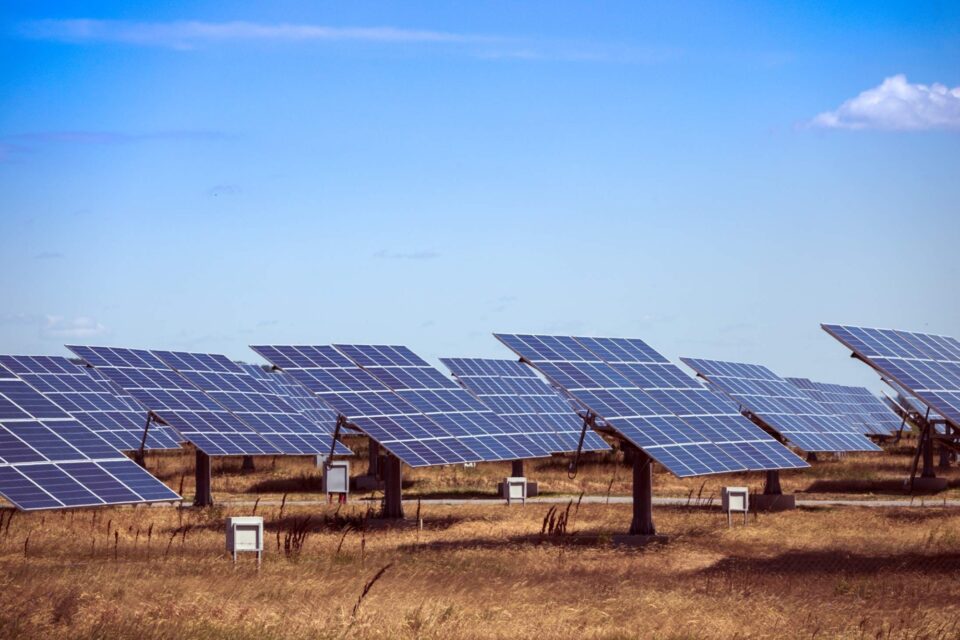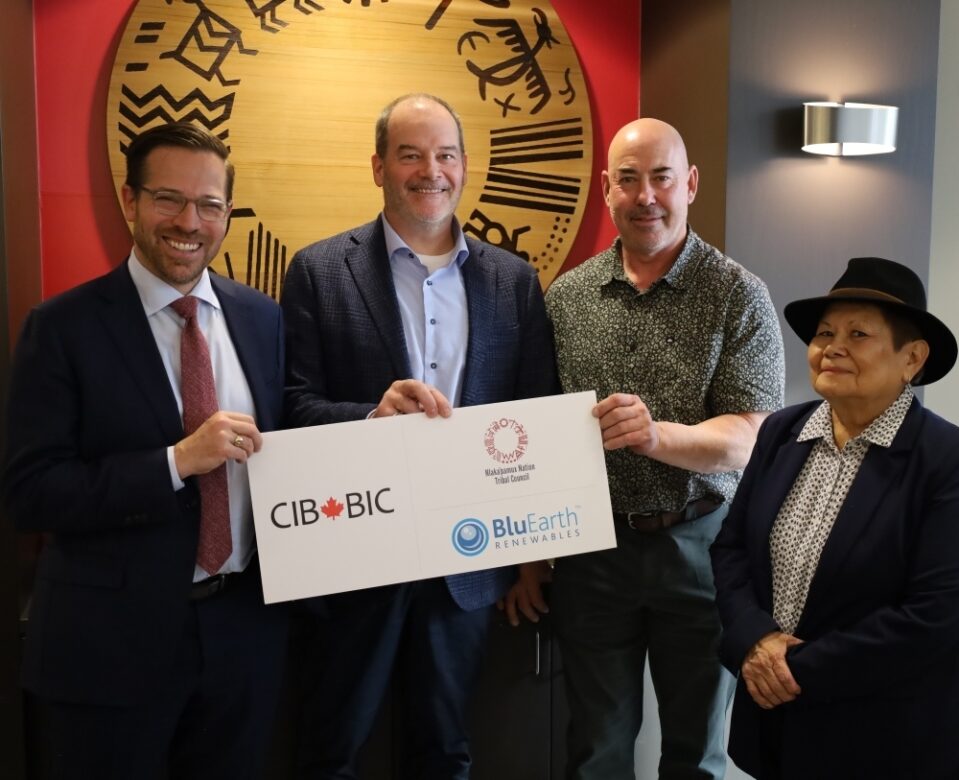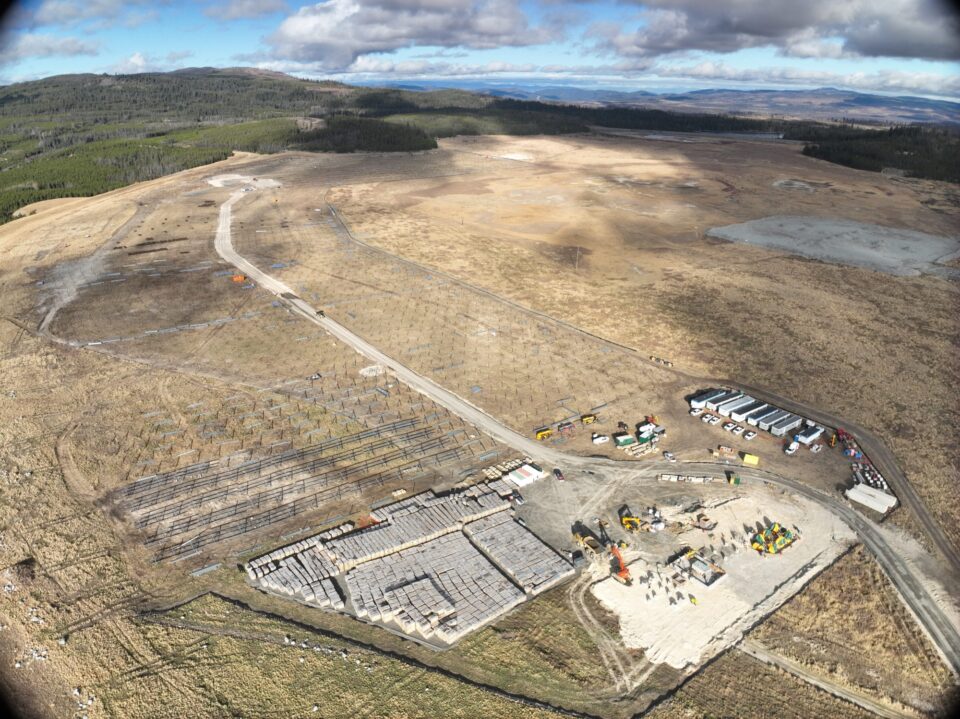After more than a decade of effort, the dreams of Indigenous elders to establish a solar farm in British Columbia are finally becoming a reality.
Thanks to financial support from the Canada Infrastructure Bank (CIB), the Nlaka’pamux Nation Tribal Council (NNTC) is set to embark on this groundbreaking project.
“I don't think this project would have gotten off the ground without the CIB,” said Matt Pasco, the chief of NNTC.
Together with BluEarth Renewables, they are building a 15-megawatt solar project located 50 kilometres southwest of Kamloops. Pasco said the CIB has been instrumental in overcoming numerous hurdles and has provided $35 million in concessional financing.
He said that this project is a testament to the ability of Indigenous groups to collaborate with industry in equal partnership to create sustainable projects that benefit the environment.
“I don't think that you have to relinquish your traditional values and your ways of life in order to achieve this. You can actually have both,” he said. He anticipates that this will be the first of many energy projects on Indigenous land in the province.
Across Canada, jurisdictions - including Indigenous communities - are eager to expand their renewable electricity production to meet the growing demand for electric vehicles, battery plants, data centres, and the shift away from fossil fuels.
Renewables
Vittoria Bellissimo, CEO of the Canadian Renewable Energy Association, highlighted the importance of renewable energy projects in achieving Canada’s climate targets for 2030 and 2050.
“By prioritizing renewables, Canada is not only making strides toward its climate targets but also positioning itself as a leader in the global transition to clean energy,” she wrote in an email.
Bellissimo praised the CIB for its role in providing necessary financing to de-risk and accelerate renewable energy and energy storage projects.
The CIB is actively working with provinces like British Columbia, Nova Scotia, Saskatchewan, and New Brunswick, which have issued calls for power to increase energy output. BC Hydro’s recent call for power has generated significant interest, with proposals exceeding the 3,000-gigawatt hours per day it sought. The federal government and the CIB have committed up to $1 billion for New Brunswick’s call for power.
Sashen Guneratna, managing director of Clean Power for the CIB, expressed the bank’s commitment to supporting the country’s renewable energy goals.
“The CIB’s investments in the renewable generation sector will help reduce ratepayer impact, share risks like uncontracted revenues and first-of-a-kind technology risk, and help Indigenous communities invest meaningful equity in this sector,” he said.
The CIB is in discussions with every province and territory about their renewable generation plans and expects to invest in approximately 30 renewable projects over the next three years, Guneratna added.
CIB power projects
Projects like Higgins Mountain Wind in Nova Scotia and Tilley Solar in Alberta are just a few examples of the CIB’s support for renewable energy initiatives. Ontario Power Generation (OPG) is also installing Canada’s first small modular reactor project, with CIB financing provided on more flexible terms than conventional commercial bank financing.
Ontario’s Independent Electricity System Operator (IESO) has forecasted a 75% increase in demand over the next couple of decades. The province’s integrated energy plan aims to expand supply while keeping energy rates affordable, by engaging in numerous efforts to expand renewable energy and also boosting nuclear generation with the construction of four small modular reactors.
The CIB is targeting $10 billion in investments for wind, solar, tidal, biomass, nuclear, and energy storage projects. To date, 18 investments have reached financial close, including the Oneida Energy Storage project in Ontario and a $970 million investment with OPG. Each investment aims to reduce greenhouse gas emissions, create employment, and provide Canadians with more reliable, affordable, and sustainable energy.
Clean power is particularly crucial for addressing the infrastructure gap in Indigenous and northern communities and enhancing energy security nationwide. The CIB’s Indigenous Equity Initiative helps First Nation, Métis, and Inuit communities purchase ownership stakes in clean power infrastructure projects.






